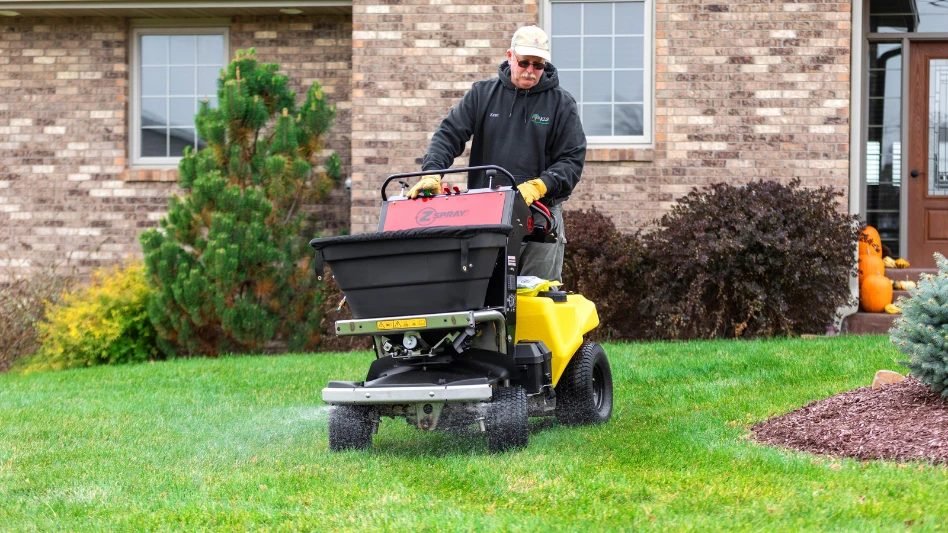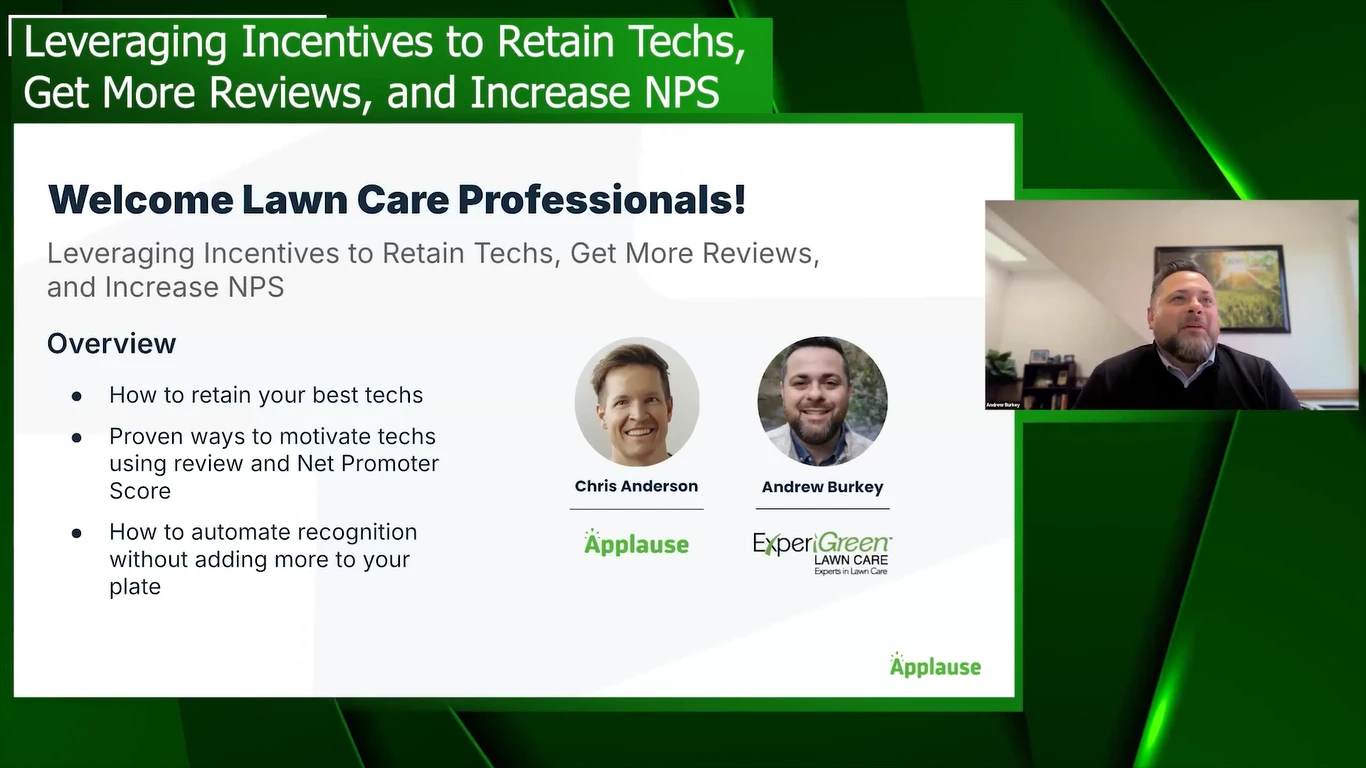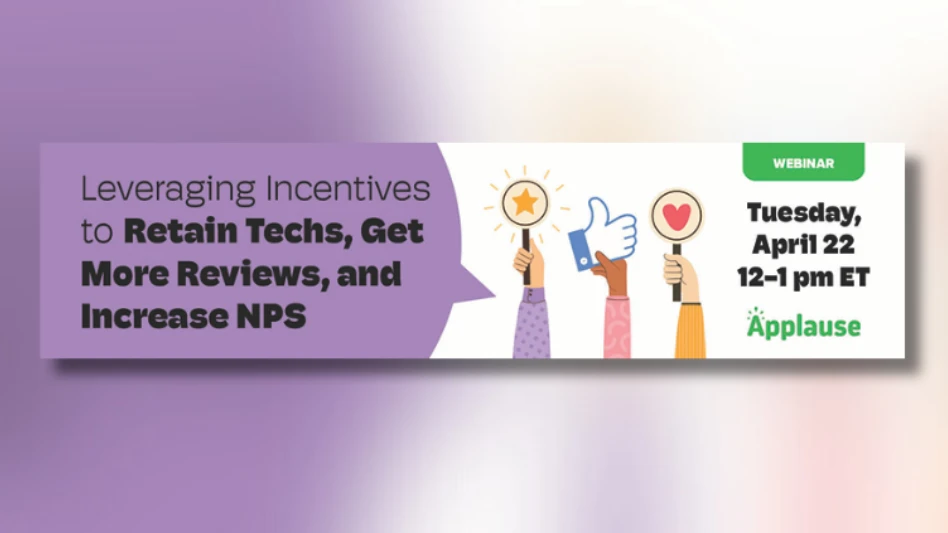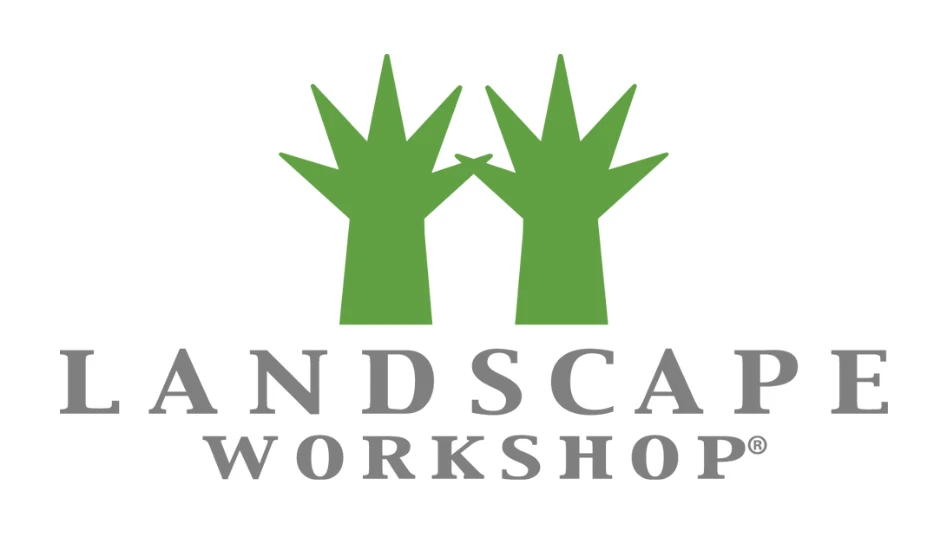
Every small business will end up in one of four categories:
1. It will fail and go out of business.
2. It will be passed on or sold to a relative or to an ESOP.
3. It will be sold for a hefty price, giving the owner the financial freedom to do other things or retire.
4. It will be sold, but not for what you’d hoped for.
So, assuming that as a business owner who has taken the risk, worked hard, and sacrificed, I assume you’ll want to end up in category 2 or 3. After selling three separate businesses over a 32-year lawn care career, I learned a few things I’d like to pass on as I look back at my mistakes and victories.
I started Green-up! working out of my garage in Tulsa, Oklahoma, and sold it after 10 years in 1993. After about a month, I regretted selling.
One mistake I made with this first sale was selling without knowing what exactly I’d be doing afterwards, especially being only 40 years old.
After three of my employees wanted out from the new owner after the sale, I set up three branches outside of my non-compete and hired them to each manage a branch. This second business did OK, but I did not like being away from home so much with three young kids at home. So I sold two of those to the guys managing them for a great price (for them), and the other to a company, which was later sold. I didn’t make much money in these ventures, but it did keep me busy and off the streets. And those two managers I sold to did well, so that was a good thing.
In 1999, my 5-year non-compete was over from my first sale, so after a year of teaching school in the inner-city, I was ready to get back into the business world. LawnAmerica was started in late fall of 1999, beginning again from scratch. Being a little older and wiser now, it grew and developed nicely into a great business in Tulsa, Bartlesville, branching into Oklahoma City and North Carolina after 18 years, serving over 15,000 customers. We had a great and loyal staff of 60 people, were innovative and we did things right. We had great processes, and we really believed in our values and how we rolled. We enjoyed double-digit growth every year, and eventually double-digit profits.
As I reached my 60s, I began to think about my exit plan, which was the wise thing to do. We researched an ESOP, and just about went that route.
But after several years of searching and research, rejecting several non-solicited offers, I decided on what I thought was the right buyer in 2016, and I sold a 90% stake in fall of 2016. This time I knew what I was going to do after the sale, which was work part-time for the new ownership in trying to take LawnAmerica to the next level with growth, especially into other markets. I was able to take a lot of financial risk off the table, which at my age was a good thing. I was able to cut my time commitment along with the risk down considerably, while still being able to work in the business I loved and with the people I loved. This worked out well for all the first year, as we continued to grow and be very profitable, and I was working about 40% of the hours I had been normally working.
At the end of 2017, I decided to get out and went cold turkey into the “retirement” world, which was not how I drew it up. LawnAmerica was then sold in 2019, and the business I birthed and put my heart into for 20 years was gone. Sure, I had succeeded financially, I guess, but emotionally it was a trainwreck.
So, what are my lessons learned? For now, these are my main thoughts and suggestions for those of you who are considering selling, as all will be at some point in their career.
1. Prepare for your exit at least 3-4 years before you actually hope to sell.Get your business in order, as it should be anyway. Have written procedures down, accurate financials and keep your business growing and profitable.
Get rid of any debt, as it makes the selling process easier. One can’t just flip a switch and turn an average business or a good one into a great one. It takes time, effort and money.
Develop your leaders, as they will in most cases need to stay with the new owners after the sale. Buyers will pay more for a great business that can run along even after you are gone than an average or poor one, so get it great.
2. Know your WHY.Our “why” drives us in all we do, so why do you really want to sell? Cash in your chips and make a bunch of money to do other things? Health issues, or you’re just getting to the age that it’s best to take some financial risk off the table? Burnout, or the business is just not meeting your financial and professional needs?
Want to pass on the business to family or employees and leave a legacy? Every situation is different, so you really need to know and prioritize your reasons for selling.
If you’re the type of business owner who looks at his business as mainly a financial asset, then the choice is easy: Sell to the highest bidder. I’ve personally known several guys who have done that, received a nice financial deal and walked away. Nothing wrong with that if that is what you want.
However, if you sell to the highest bidder, your business may not continue on as it has with few changes. From my experience at least, that’s not going happen.

I believe that most lawn care owners though are more like me, in that I wanted to leave a legacy, for my business to continue to grow, and in so doing provide a great opportunity for my employees. I wanted to be involved somewhat still, on a part-time basis, while having more free time and less financial risk.
Sure, I wanted to get financially what I felt what my business was worth, but not to the extent of just taking the highest bidder.
3. Know what you want to do and what you will be doing after the sale. Some folks do “retirement” better than others. I think that most lawn care business owners are like me in many ways. They love challenges and being in the game.
They are leaders, and even if they don’t admit it, they like being “the guy” who everyone goes to, who the community and peers respect. Many of your friends may be your employees, vendors or peers. So, when a big part of your social world is gone, how will you replace that? What are you going to do the day after closing the sale, when you are no longer “the guy?” When people meet you and ask you, “What do you do?” What are you going to say? You used to be the owner of a successful company, but who are you now?
You may think that playing golf, going fishing, travelling, sleeping in, starting a new venture, spending time with the grandkids, etc. will be like nirvana, but don’t fool yourself. Yes, those are all great, and having a lot higher net worth that is not dependent upon that piece of paper stating that you own stock in your business is wise.
However, it won’t bring you happiness. It doesn’t “pay the bills” for the typical entrepreneur who desires challenges and wants to influence those in their world.
So just think it through, pray long and hard, and ask your spouse, family and trusted friends for feedback on your next journey in life.
It’s going to be different, I can assure you, when your Outlook calendar goes blank on May days and your e-mail bin has little of relevance in it. And that may be what you want, who knows? Just be careful what you ask for.
Have a plan as to what your next journey will be, and strive to finish strong in using the time, talents and resources you will have towards making a difference in those around you, and have fun in doing so.

Explore the June 2022 Issue
Check out more from this issue and find your next story to read.
Latest from Lawn & Landscape
- Retargeting Ads – A Secret Weapon for Growing Your Lawn Care Business
- Leading a growing company
- Project EverGreen launches Clean Air Calculator
- Rain Bird acquires smart lawn care company OtO from Toronto
- PBI-Gordon names Marvin as VP of research and development
- Mean Green rolls out Vanquish Autonomous mower
- Focal Pointe launches new podcast series
- Navigating due diligence checklist for selling lawn business





